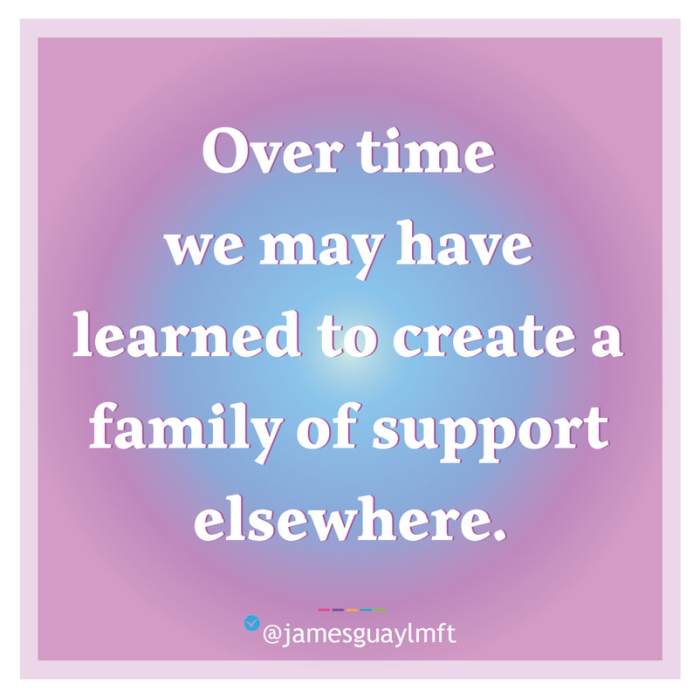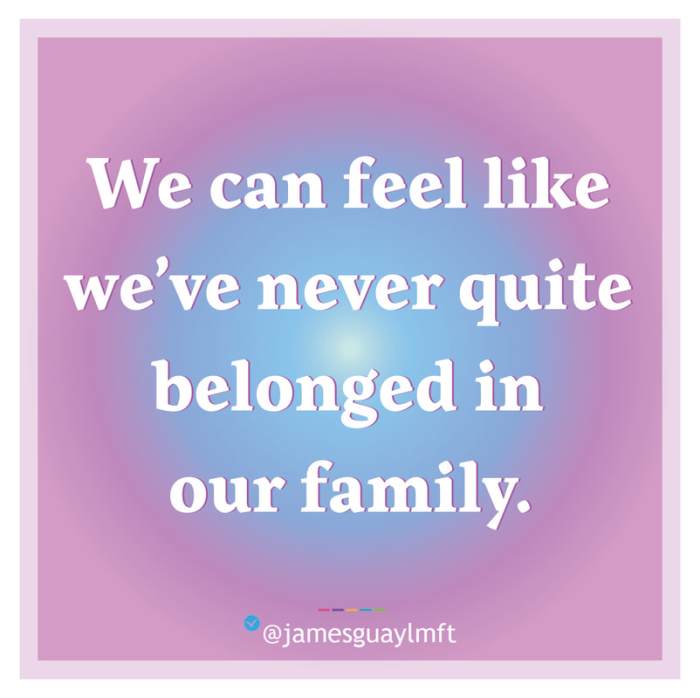Welcome to our am I the family scapegoat quiz! In this quiz, we’ll explore the concept of the scapegoat role within families and provide you with questions to assess whether you may be fulfilling this role. Whether you’re struggling with feelings of isolation, blame, or low self-esteem, this quiz can help you gain insight into your family dynamics and empower you to take steps towards healing.
As we delve into the quiz, remember that it’s important to approach it with an open mind and a willingness to reflect on your experiences. The results can provide valuable insights, but they should not be taken as a definitive diagnosis.
If you have concerns about your mental health or well-being, it’s always advisable to seek professional help.
Am I the Family Scapegoat? Quiz Structure

In family dynamics, a scapegoat is an individual who is blamed for the problems or shortcomings of the family. This role can have lasting negative effects on the individual’s self-esteem and relationships.
To assess whether you may be fulfilling the scapegoat role, ask yourself the following questions:
Questions to Assess the Scapegoat Role
| Question | Potential Responses |
|---|---|
| Do I feel like I’m always the one who gets blamed for things that go wrong? | Yes / No |
| Do I feel like I’m never good enough, no matter what I do? | Yes / No |
| Do I feel like I’m constantly being criticized or put down? | Yes / No |
| Do I feel like I’m always the one who has to apologize, even when I’m not the one who did something wrong? | Yes / No |
| Do I feel like I’m always being compared to other family members and found wanting? | Yes / No |
| Do I feel like I’m always being excluded from family activities or conversations? | Yes / No |
| Do I feel like I’m the one who always has to take care of everyone else’s needs, while my own needs are ignored? | Yes / No |
| Do I feel like I’m always being used as a scapegoat for the family’s problems? | Yes / No |
If you answered “yes” to several of these questions, it may be an indication that you are fulfilling the scapegoat role in your family.
Signs of the Family Scapegoat

Individuals designated as the family scapegoat often display specific characteristics and behaviors. They may experience a range of emotional and psychological consequences as a result of their assigned role.
Common Characteristics and Behaviors
- Prone to being blamed for family problems, even when they are not responsible.
- Often seen as the “black sheep” of the family, with their flaws and mistakes highlighted.
- May exhibit low self-esteem and a negative self-image.
- Tend to be isolated from other family members and may have difficulty forming close relationships.
- May engage in self-destructive behaviors, such as substance abuse or self-harm.
Emotional and Psychological Consequences, Am i the family scapegoat quiz
The role of the family scapegoat can have significant emotional and psychological effects on the individual. These may include:
- Feelings of guilt, shame, and inadequacy.
- Anxiety and depression.
- Difficulty trusting others.
- Problems with relationships and social functioning.
- Increased risk of developing mental health issues, such as personality disorders.
Specific Examples of Scapegoating Behaviors
Scapegoating behaviors can manifest in various ways, including:
- Blaming the scapegoat for problems that are not their fault.
- Exaggerating or fabricating the scapegoat’s mistakes or flaws.
- Ignoring the scapegoat’s accomplishments or contributions.
- Isolating the scapegoat from family activities or events.
- Using the scapegoat as a punching bag for family anger or frustration.
Impacts of Family Scapegoating

Family scapegoating can have severe and lasting consequences for the individual and the family as a whole. It can undermine the individual’s self-esteem, damage relationships, and create a cycle of dysfunction and conflict within the family.
The scapegoat often experiences feelings of shame, guilt, and low self-worth. They may internalize the negative messages they receive from their family and come to believe that they are fundamentally flawed or unlovable. This can lead to a lack of confidence and difficulty forming healthy relationships outside the family.
Impact on Relationships
Scapegoating can also damage relationships within the family. The scapegoat may become isolated and alienated from their siblings and parents. Other family members may learn to avoid or minimize contact with the scapegoat, fearing that they will be blamed for any problems that arise.
If you’re wondering whether you’re the family scapegoat, take a look at Seamus Heaney’s poem “The Skunk” . The poem explores themes of isolation, alienation, and the search for belonging. Like the skunk in the poem, scapegoats often feel like outsiders, carrying the blame and burden for others.
By understanding the dynamics of scapegoating, we can break free from its negative effects and build healthier family relationships.
This can create a sense of loneliness and rejection in the scapegoat, and it can make it difficult for them to develop healthy relationships outside the family. In some cases, the scapegoat may be forced to leave the family home to escape the abuse.
Long-Term Psychological Implications
The long-term psychological implications of being the family scapegoat can be significant. The scapegoat may experience anxiety, depression, and post-traumatic stress disorder (PTSD). They may also have difficulty regulating their emotions and forming healthy relationships.
In some cases, the scapegoat may develop a personality disorder, such as borderline personality disorder or narcissistic personality disorder. These disorders can make it difficult for the scapegoat to function in society and can lead to further problems in relationships and employment.
Coping Mechanisms for Family Scapegoats: Am I The Family Scapegoat Quiz

Identifying as a family scapegoat can bring about emotional and psychological distress. It’s crucial for individuals in this position to develop effective coping mechanisms to navigate the challenges they face.
Healthy Coping Mechanisms
Establishing healthy boundaries is essential. Set limits with family members who engage in scapegoating behavior, limiting contact or interactions when necessary. Seeking support from trusted individuals, such as friends, therapists, or support groups, can provide a safe space to process emotions and gain insights.
Practicing self-care is vital, prioritizing activities that promote physical, emotional, and mental well-being. This includes engaging in hobbies, pursuing personal growth, and seeking joy in life.
Table of Coping Mechanisms and Benefits
| Coping Mechanism | Benefits ||—|—|| Setting Boundaries | Protects emotional well-being, reduces exposure to toxic behavior || Seeking Support | Provides validation, understanding, and a sense of community || Practicing Self-Care | Enhances self-esteem, reduces stress, and promotes overall well-being |
Questions and Answers
What is the scapegoat role in a family?
The scapegoat role is a dynamic in which one member of a family is singled out as the source of all problems. This person is often blamed for everything that goes wrong, even when it’s not their fault. Scapegoats are often isolated, criticized, and made to feel like they are worthless.
How do I know if I’m the family scapegoat?
There are many signs that you may be the family scapegoat. Some of the most common include being blamed for everything that goes wrong, feeling isolated and alone, and having low self-esteem.
What can I do if I’m the family scapegoat?
If you’re the family scapegoat, it’s important to take steps to protect yourself. This may include setting boundaries with your family, seeking support from friends or a therapist, and practicing self-care.

